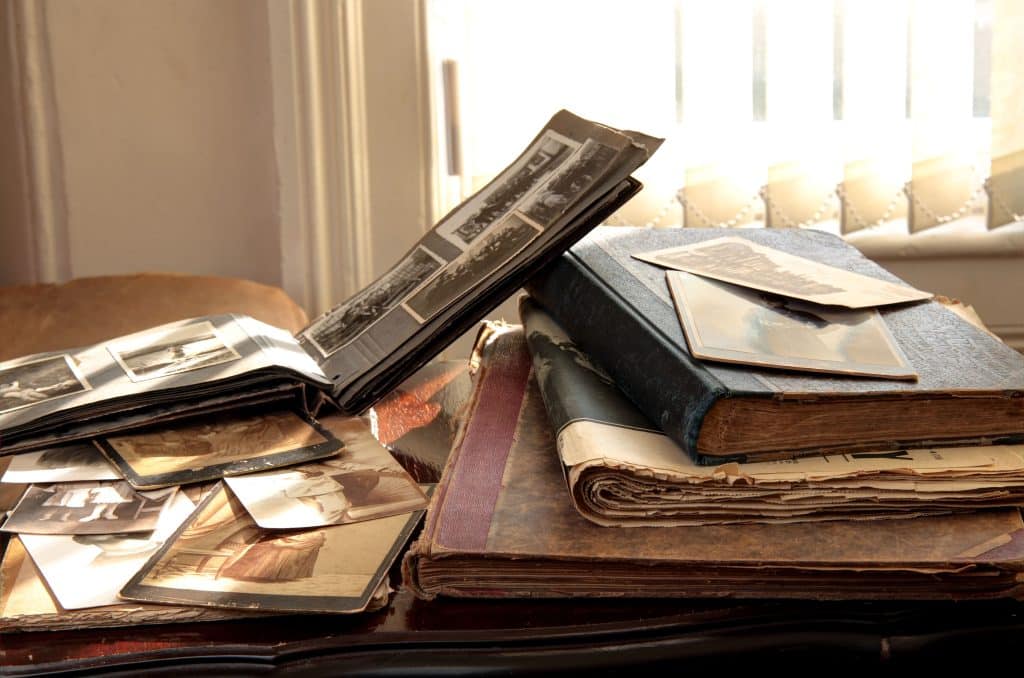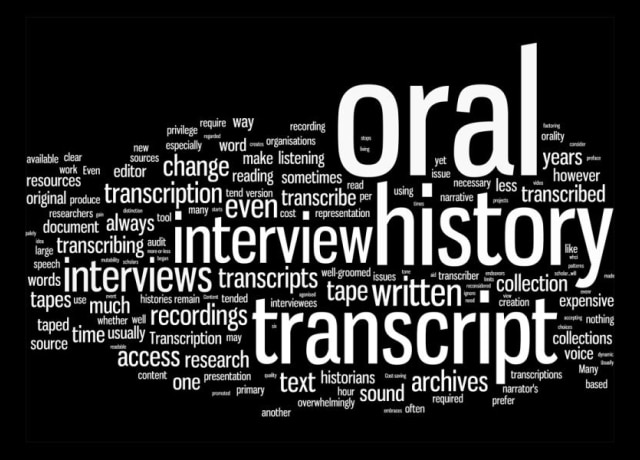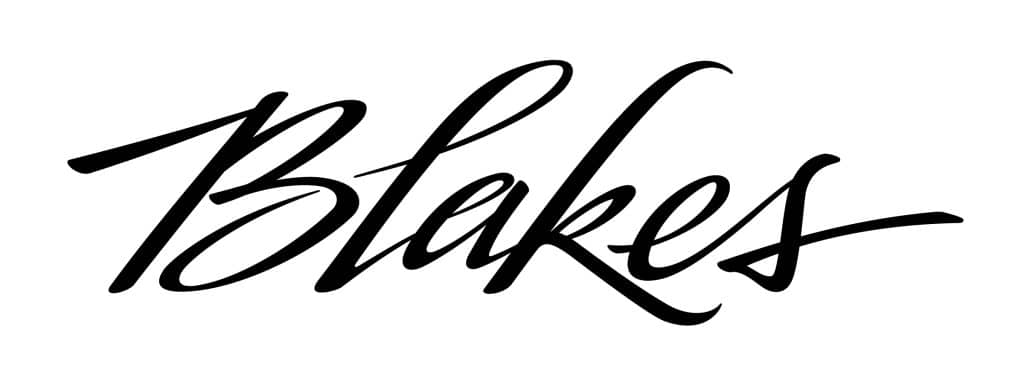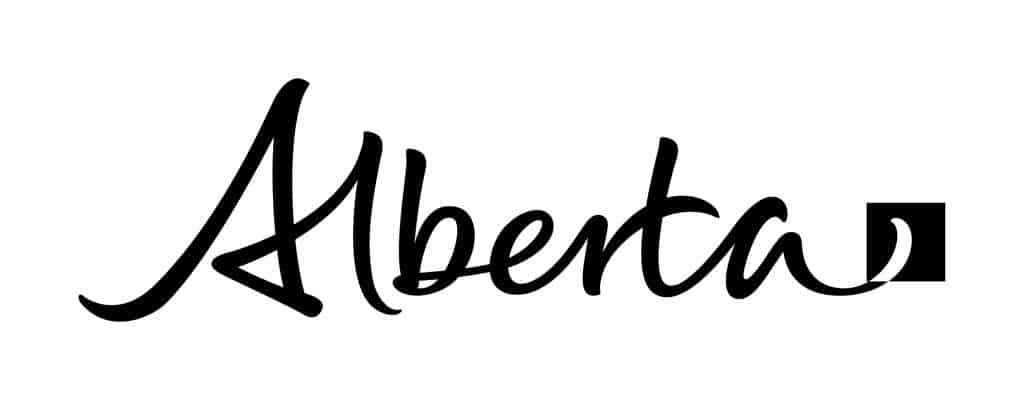Typically, when we imagine historians researching, they are sitting at a table in an archive or library flipping through dusty documents that are hundreds of years old or reading an obscure book about a long-ago event or period.

It is true that historians, in the past, have relied heavily on “traditional” documents of various kinds to conduct research. But history and the study of history has evolved. In order better reconstruct the past, historians began to utilize a great many sources in their research, including oral histories.
Oral history interviews are not meant to supplant the documentary record. On the contrary, when used in conjunction with other source materials historians are better equipped to trace the past. Like any historical field, oral histories have become an essential for legal history. In fact, in many circumstances, they are the only resource available.
Court documents and other legal records can sometimes be limited or even non-existent. Over time, records are lost or damaged, some lawyers don’t see the historical value of their records, solicitor-client privilege has limited inquiry of client files, many cases go unreported, or historians are forced to rely on written judgements.

Oral histories can often times including information that is absent in traditional records. During discussion of significant cases, they can include substantial details that cannot be found in the official records. They also include information on individuals and their interests outside the legal and judicial professions.
In addition to legal historians, oral histories are useful to political historians because of the strong link between lawyers and politics with many Alberta lawyers having had prominent political careers. Beyond understanding the dynamics of the legal profession, they are also invaluable for social historians, researching family life, awareness of immigrant communities, and, in several cases, military service. They also offer insight into the connections with community, recreational activities, and other civic organizations.

An oral history interview generally consists of a well-prepared interviewer, who has conduct extensive background research and come equipped with questions, interviewing a judge or lawyer about their life, career, significant cases, developments in the law, and community engagement. The interviews are recorded in audio and/or video format. Recordings of the interview are transcribed, summarized, or indexed and then placed in LASA’s archives.
LASA established an ongoing oral history program in 1995 as part of its mandate to preserve and promote the legal history of Alberta. Prior to LASA’s establishment of its own oral history program, the Calgary Bar Association completed interviews of many of the province’s early legal pioneers to capture their valuable stories. Those interviews are now housed in LASA’s holdings. To date the collection of interviews has grown to approximately 400 comprising over 40,000 pages.
The collection encompasses a wide range of legal careers, from luminaries of the bench and leading members of the bar to small-town general practitioners and other lesser-known members of the profession. The program in more recent years has focused on women in the profession, individuals involved in legal service organizations, as well as other individuals, such as court reporters, who have first-hand experience of the law. Another recent initiative is to interview members of the bar who are visible minorities, including indigenous lawyers and judges.
LASA is grateful to Blake Cassels & Graydon LLP, who have transcribed the Society’s oral history interviews since the program’s inception.

Over the years, the Oral History Project has been partially funded by the Government of Alberta.




